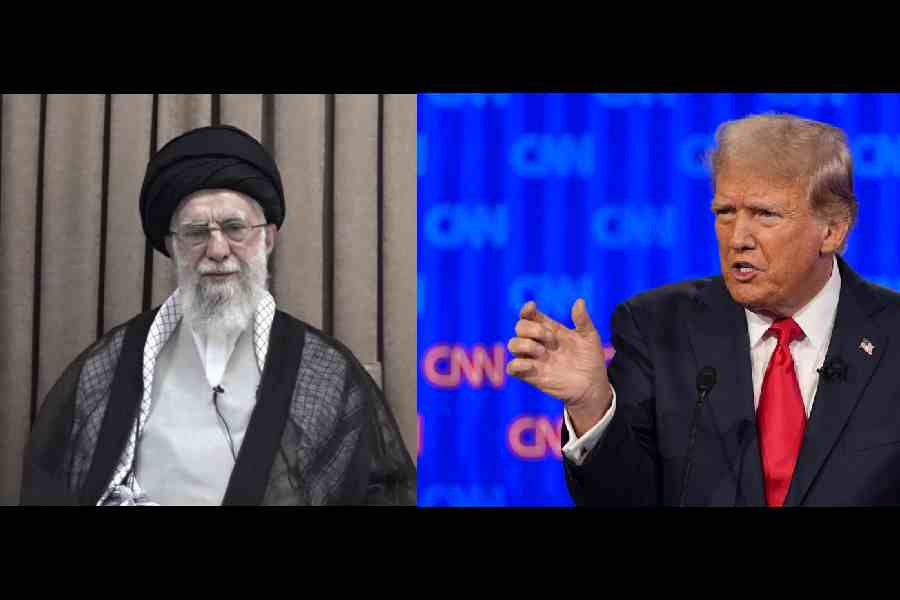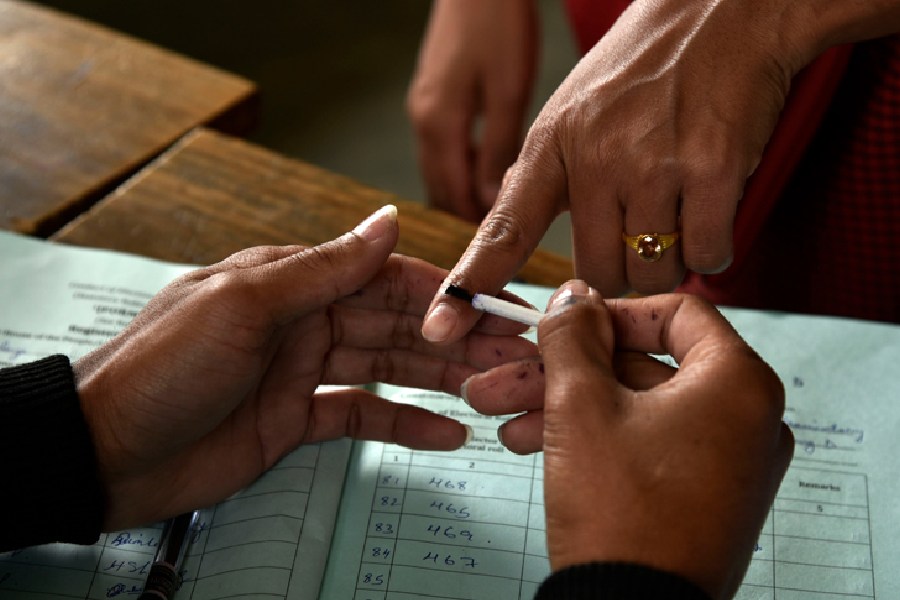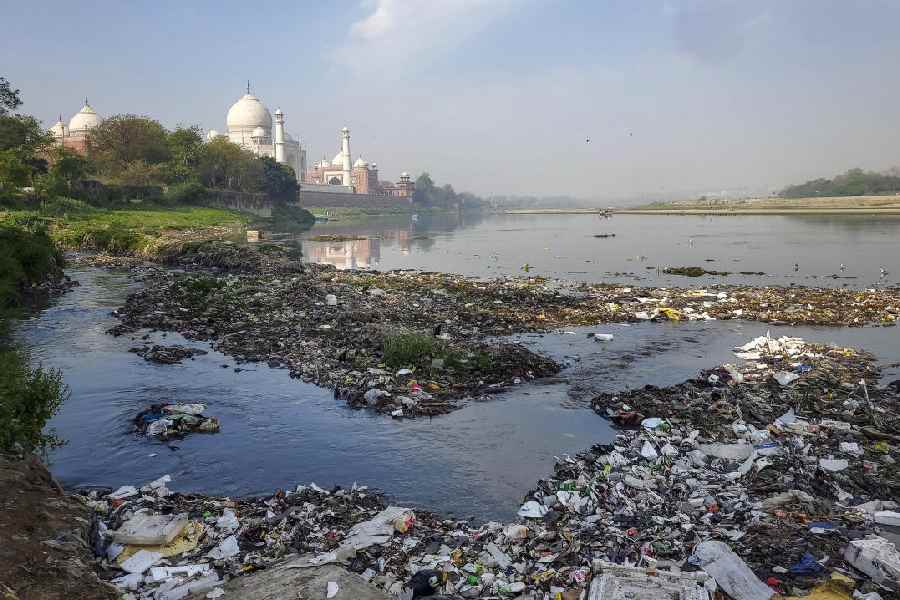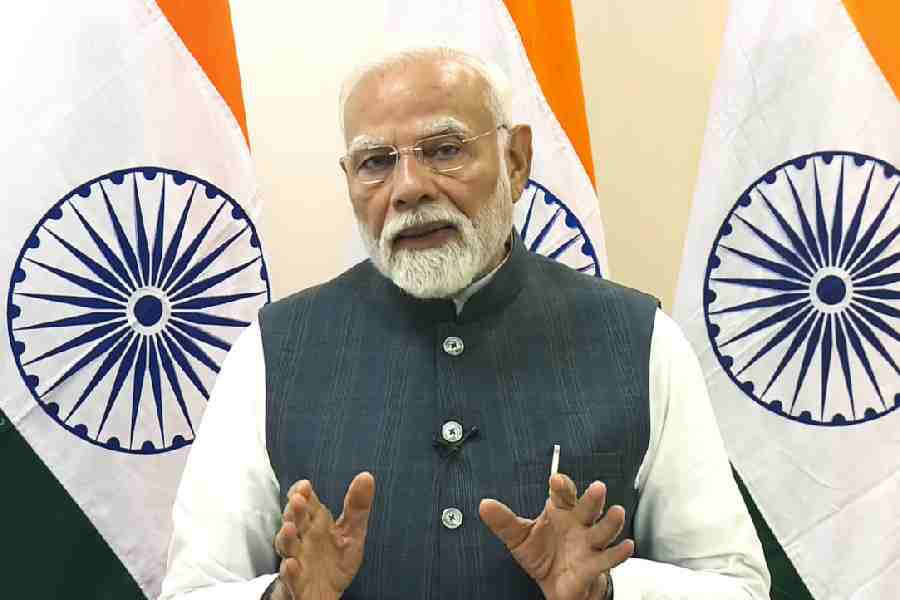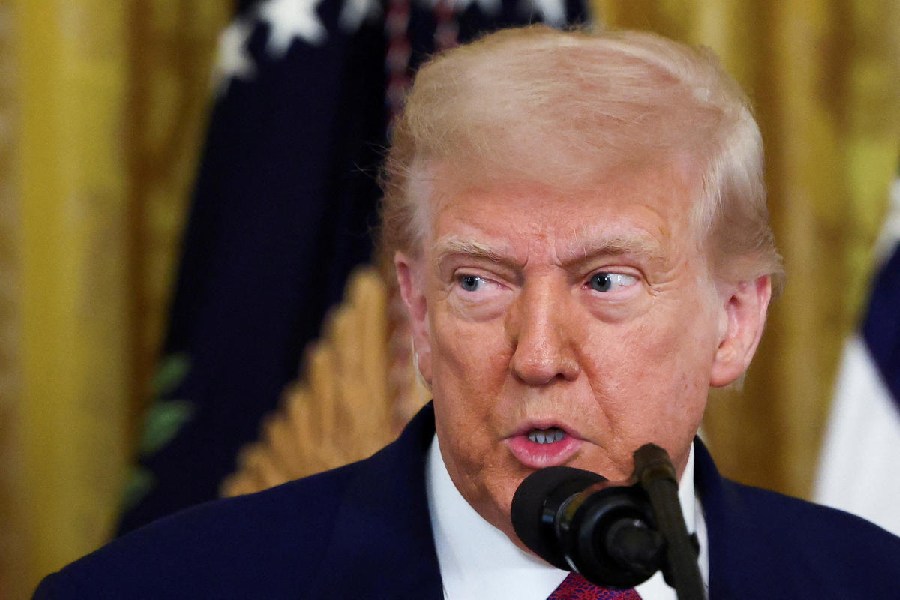New Delhi, June 26: The National Commission for Women (NCW) and the panel for protection of child rights could have more firepower to combat violence against women and children, if Maneka Gandhi has her way.
Maneka, who took over as women and child development minister barely a month ago, has already set in motion the process of reconstituting both the panels.
Sources in the ministry said Maneka is not too happy with the way the commissions have been working and has suggested that they should have all the powers that the National Human Rights Commission (NHRC) has, echoing a long-standing demand of rights activists.
The ministry, the sources said, has asked not only the NCPCR, the apex child rights body, but also non-government child rights organisations to recommend ways to give the commission more teeth.
It has also started the process to amend the NCW Act to give more powers to the women’s panel.
India has seven national human rights institutions known as commissions, with varying structures, powers and mandates aimed at promoting and protecting the rights of groups like women, children and minorities. Among them, the NHRC has the greatest powers.
The sources said the ministry was likely to amend the Child Rights Act to arm the NCPCR with powers to award compensation directly, initiate judicial probes, issue summons through police and take action against those who don’t respond while retaining its powers to recommend action which will be binding on state governments.
“The NCPCR has always been toothless. Although it has the status of a civil court, this is not clearly defined in the act. Its powers end with summoning people. It should have the power to send notices of contempt to anyone who doesn’t respond to summons. We have been demanding this for a long time and this is a positive step in the right direction,” said Bharti Ali, one of the activists asked to send recommendations to the ministry on empowering the child rights panel.
Vinod Tikku, a former member of the child rights panel, said the ministry was on the right track. He said though the recommendations of the NHRC are not binding on state governments, they generally pay up so that the aggrieved parties don’t drag the matter to court. “The NCPCR, however, remains a body just for recommendations that are largely ignored. The act has to make provisions for this.”
The NCPCR, Tikku added, should be given the right to take “penal action”.
Rights activist Ananth Kumar Asthana said the NHRC has its own investigative team and financial independence. “(But) the chairperson of the NCPCR has to not only take permission from the government for creation of posts, participating in training programmes and other such stuff, but also has to abide by the directions of the central government on policies concerning national issues. This limits its powers. The minister is sure to look into these aspects.”
Compared with the NCPCR, the women’s commission has even less powers. The ministry is amending the NCW Act to give the panel the status of a civil court with rights — like that of the NHRC — to issue warrants if summons are ignored.
The sources said Maneka was keen on changing the trend of political appointments in both the commissions and planned to give appointees fixed tenures of three years each, with a new incumbent serving out the rest of the term and not a full one.
The executive now exclusively determines the appointment of the chairperson and members of all the commissions except the NHRC, where appointments are based on the recommendations of a high-powered selection committee comprising representatives of Parliament and the executive.
“To follow the NHRC model, the ministry has to appoint a Supreme Court judge or equivalent as the chairperson appointed and answerable only to the President and not to the ministry. As for members, they need to be people with expertise in the field,” said Ali.
“There is no point appointing bureaucrats to such posts as then these commissions would become a resting place for them,” she added.


